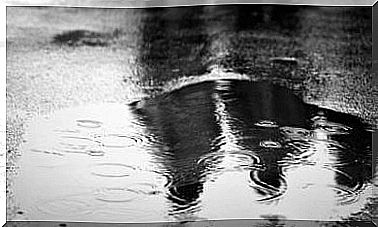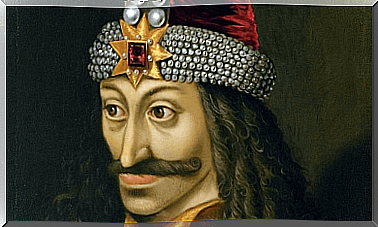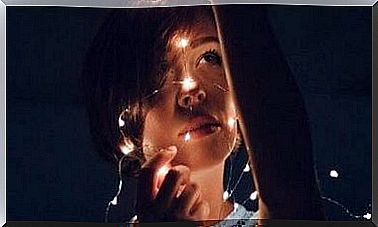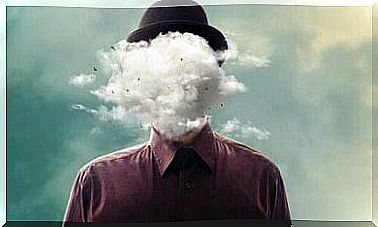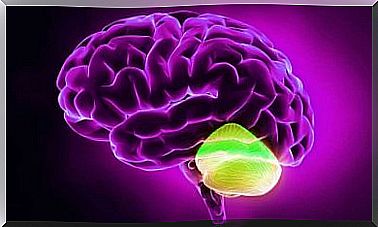How The Brain Reconstructs Past Events
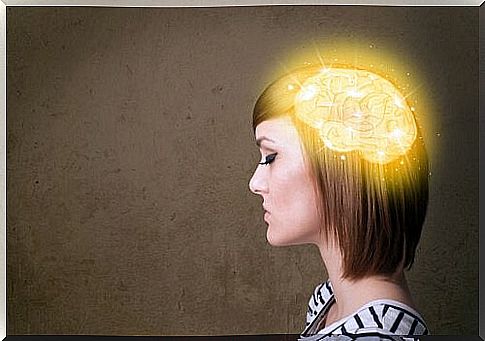
When we remember past events, we often relive the events as if everything was happening in the present moment. New research has revealed how this happens in our brain.
The study, published in the journal Nature Communications , shows that when someone tries to remember an aspect of an event, the brain relives the entire situation. For example, when you remember someone you’ve known for a while, the brain relives everything, including the location and what they were doing at that time.
“When we remember a fact from the past, we have the ability to relive all the events” , explains Dr. Aidan Horner, from the Institute of Cognitive Neuroscience.
According to Hormer, we remembered where we were, what music was playing, who and what we were talking to.
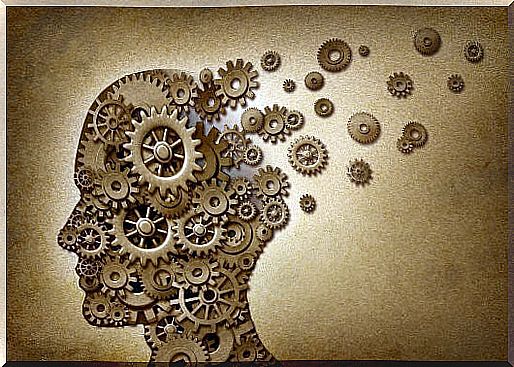
Past events are stored in different parts of the brain
He explains that since we experience an event, all the different aspects are recorded in different regions of the brain. However, we are able to remember all aspects at any time.
For example, if we remember something we saw, we remember all the details. This means that we can relive the situation in its entirety.
Using functional magnetic resonance imaging, the researchers demonstrated that different aspects of an imagined event are reflected in the activity of different regions of the brain.
When research participants were asked about some aspect of a particular event, the activity of the hippocampus is integrated with the reaction of the regions responsible for that aspect. This reactivation accompanies every memory that comes to our mind.
The role of the hippocampus in memory formation
Neill Burgess, who also participated in this research, explains that this work shows a computational model of how memory could work, where the hippocampus allows different pieces of information to be linked so that they can be remembered as a coherent fact when we want to remember what happened.
In addition, it provides critical insight into our ability to remember what happened and can help to understand how this process can fail in conditions such as Alzheimer’s disease or post-traumatic stress disorder.
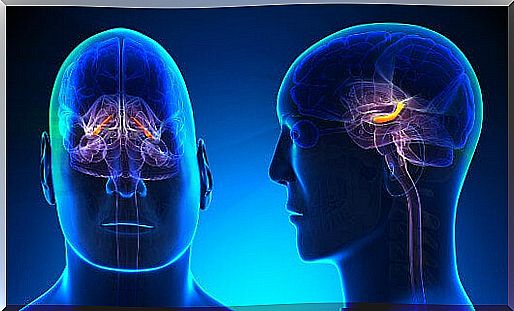
The realization of the experience
The experiment was carried out with 26 volunteers, who were asked to imagine and memorize a series of events involving different places, famous people and objects.
Later, they were asked to recall the details of an event based on a single piece of information. For example, in one of the situations in this study, they were asked to imagine an event where President Obama was in the kitchen with a hammer in his hand.
The volunteers were then asked to recall this situation in full detail based on a single piece of information, such as where Obama was or what object he was holding.
At this stage, when asked to recall the events, the volunteers underwent functional magnetic resonance imaging to measure their brain activity.
Using the example above, brain activity increased in one area of the brain when the volunteers thought of Obama and in other areas when they thought of the kitchen and the hammer.
The study found that when asked where Obama was, there was an increase in brain activity in the Obama, kitchen, and hammer regions.
This reactivation related to the activity of the hippocampus demonstrates that it is involved in retrieving memories of events.
This is the first research to provide evidence of this process of memory formation in the human hippocampus and the first to relate it to the everyday experience of recalling past events.


